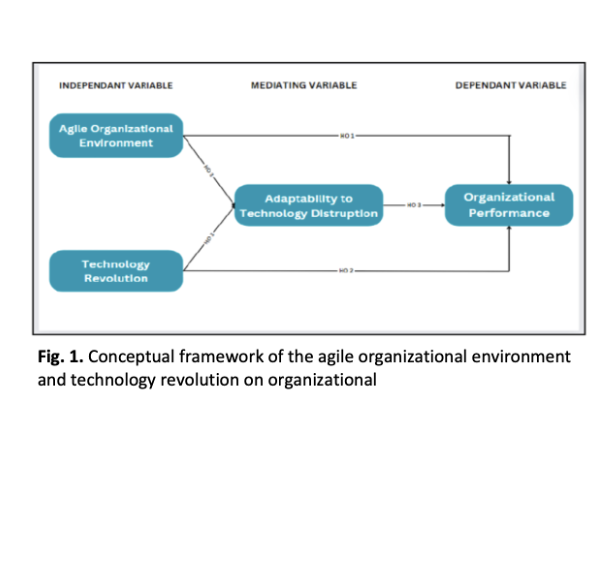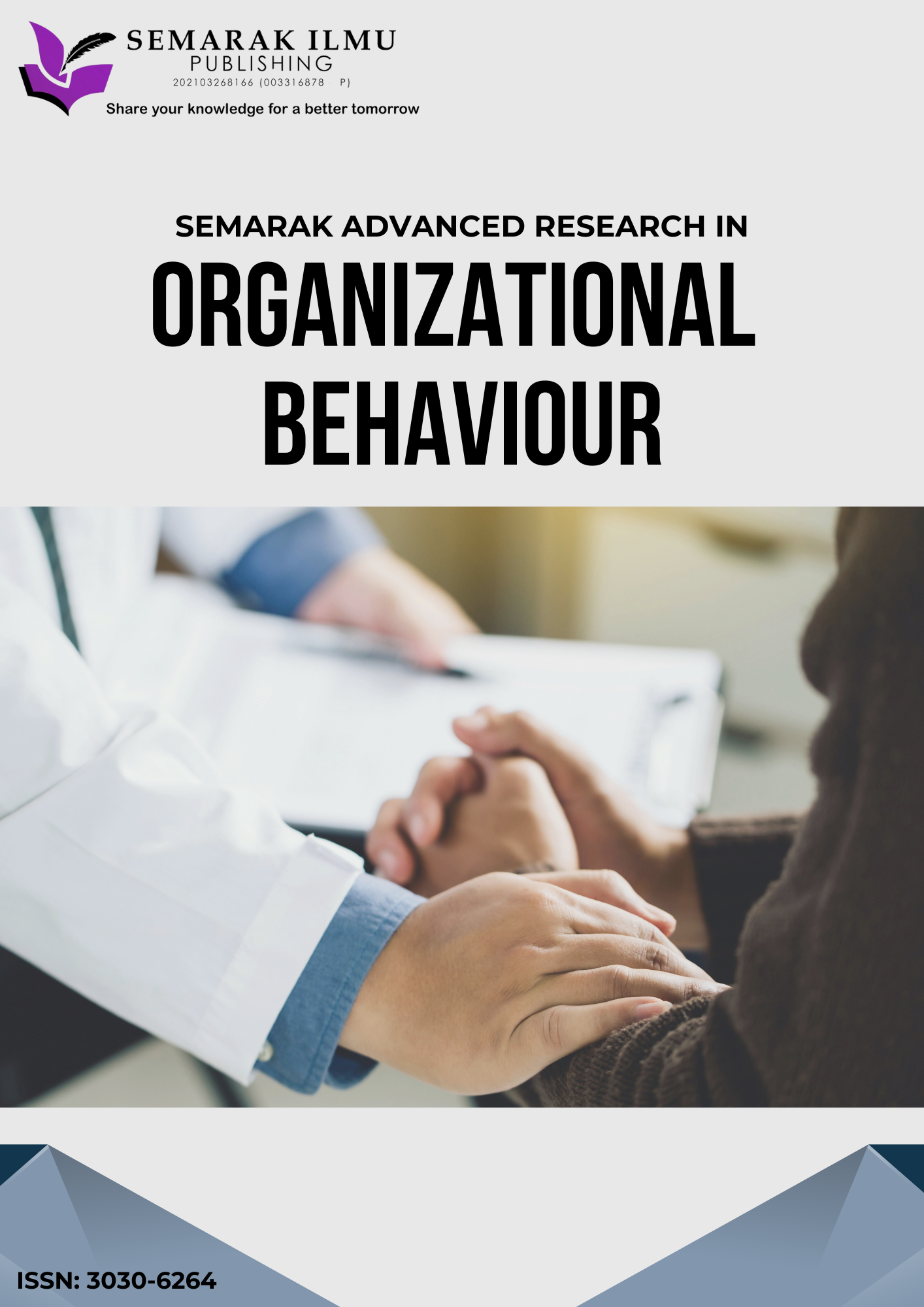Effect of Adaptability to Technological Disruption in the Relationship between Agile Organizational Environments and Technological Revolution on Organizational Performance
DOI:
https://doi.org/10.37934/sarob.5.1.116aKeywords:
Adaptability to technological disruption, agile organizational environments, technological revolution, organizational performanceAbstract
The rapid technological advancements have necessitated the adaptation of various generational cohorts to agile organizational environments. The study investigates the adaptability of Millennials and Generation Z to technology disruptions in Malaysian agile organizations and their impact on organizational performance. The study emphasizes the significance of generational adaptability in enhancing organizational performance amidst technological disruptions in strategic human resource practices. The study utilized a quantitative research methodology to gather data from 100 employees across various industries using structured questionnaires and stratified random sampling to ensure adequate representation. The PLS-SEM study revealed that Millennials and Generation Z exhibit exceptional adaptability in agile situations, which significantly enhances organizational performance. The study emphasizes the role of adaptability in influencing agile organizational practices and outcomes, emphasizing the importance of generational characteristics in navigating technological changes. Organizations can improve their performance by creating environments that encourage rapid learning and adaptability, especially tailored to the unique characteristics of younger generations. The study indicates that Malaysia's National Policy on Science, Technology, and Innovation (NPSTI) 2021-2030 aims to expedite the country's advancements in these areas over the next decade.










